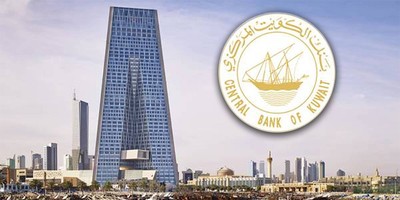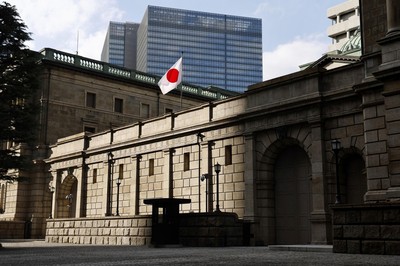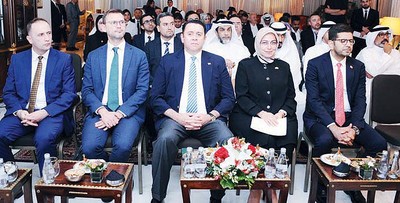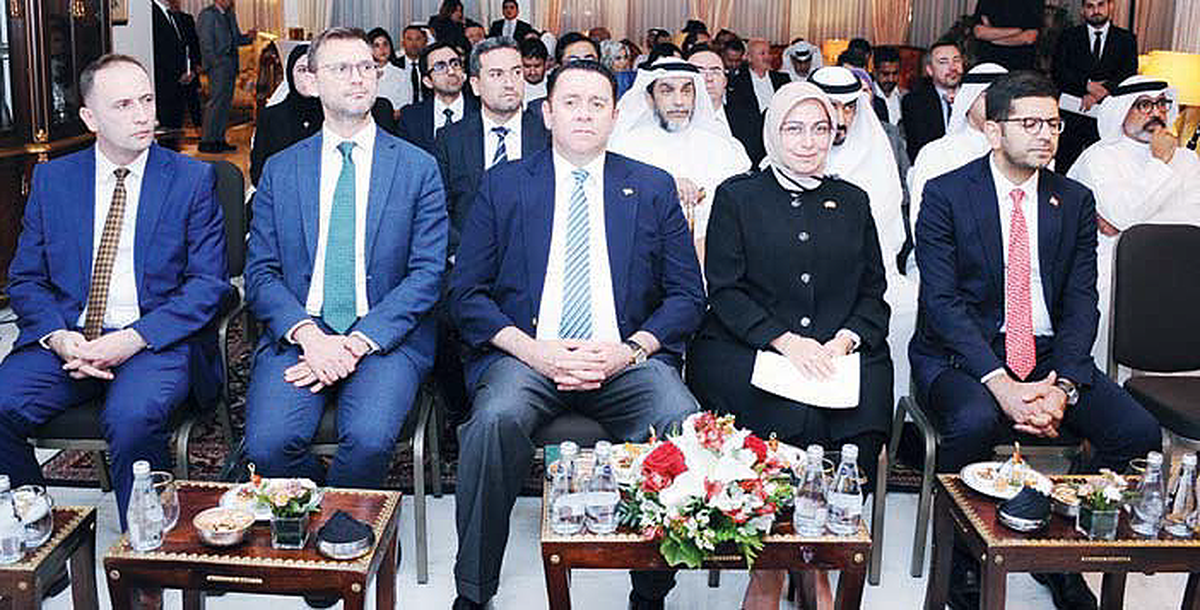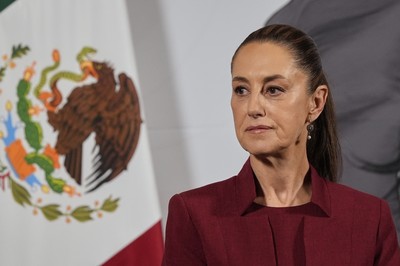KUWAIT CITY, June 16. The Central Bank of Kuwait has issued a circular reinforcing the regulatory framework for all electronic payment service providers, electronic money institutions, and payment system operators.
The circular mandates strict compliance with regulations governing the use of the Electronic Payment Services Gateway System, as part of the Central Bank’s ongoing efforts to enhance governance, operational oversight, and risk mitigation in the digital payments sector.
This directive is part of a series of measures aimed at safeguarding the country’s digital financial infrastructure integrity and strengthening public trust in electronic payment systems amid their rapid expansion.
The circular stipulates the obligations of service providers as follows:
– Bear full legal responsibility for the accuracy and validity of all documents and data uploaded through the Gateway System. Violations may result in the enforcement of Article 85 of Law No. 32/1968 concerning Currency and the Regulation of the Banking Profession.
– Documents must be submitted only by the legal representative of the company (Chief Executive Officer or General Manager) or an officially authorized employee (Compliance Officer or designated staff member). The Central Bank must be formally notified of all authorizations and any amendments in advance, through the prescribed mechanism.
– Must promptly inform the Central Bank about resignations involving authorized system users and immediately request the revocation of their access rights.
– Must retain original copies of all documents, especially the official documents issued by government entities, including criminal record certificates related to partners and leadership candidates. These must be submitted to the Central Bank upon request. The circular reflects the commitment of the Central Bank to intensify digital oversight and ensure legal accountability. It aims to improve internal controls within service providers, protect against unauthorized actions, and reduce operational and reputational risks. For consumers, it reinforces trust in the security and integrity of the national e-payment system. The circular also cited the following regulatory tools:
– Article 33 of the Central Bank’s Instructions for Regulating Electronic Payment Business (May 14, 2023) requires firms to establish governance policies, procedures, and oversight mechanisms. – Article 27 of the same instructions requires compliance with Anti-Money Laundering and Counter-Terrorist Financing (AML/CTF) obligations under Law No. 106/2013 and relevant FATF standards.
– Central Bank Circular (July 5, 2023) on leadership appointment regulations.
– Central Bank Circular (Oct 20, 2024) on documentation requirements for registration of partners and board members. Service providers must conduct an annual review to ensure board members and key employees meet the required solvency, integrity, and technical competence standards.
Any changes affecting these standards must be addressed immediately and reported to the Central Bank in writing. They must also retain documentation evidencing the completion of these reviews.

 Latest News21 hours ago
Latest News21 hours ago
 Latest News23 hours ago
Latest News23 hours ago
 Politics6 hours ago
Politics6 hours ago
 Business14 hours ago
Business14 hours ago
 Latest News14 hours ago
Latest News14 hours ago
 Latest News11 hours ago
Latest News11 hours ago
 Politics3 hours ago
Politics3 hours ago
 Politics4 hours ago
Politics4 hours ago
